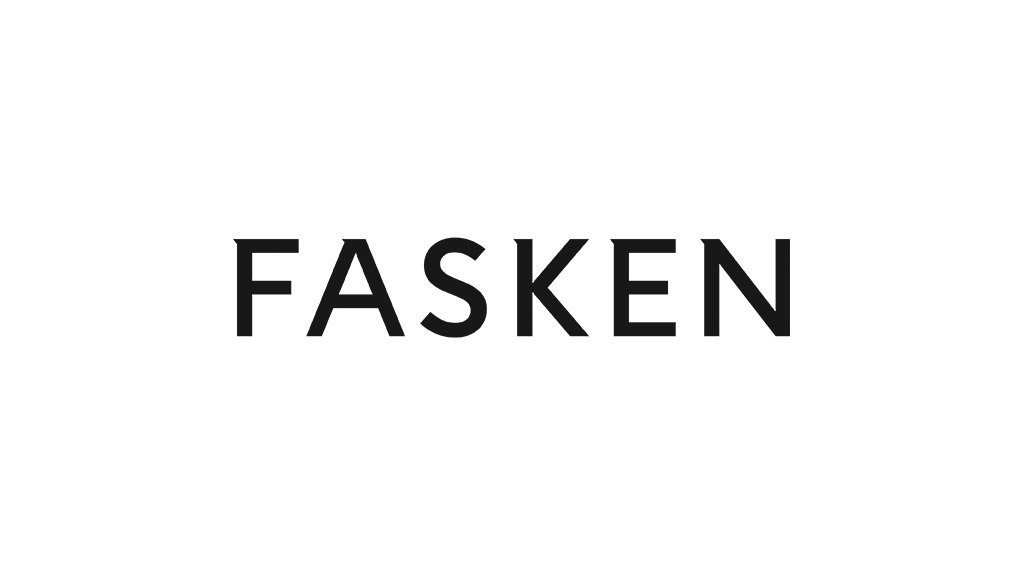Since the start of the Covid-19 crisis and the subsequent lockdown, the number of queries surrounding Personal Protective Equipment (PPE) specifically relating to face masks, sanitiser and glove manufacture and distribution has increased substantially. In the current Covid-19 crisis we have seen many companies move from their traditional industries into a new sphere where they produce PPE products to aid in the fight against the transmission of the virus.
To assist with relevant up to date information on the topic, an overview of the South African Health Products Regulatory Authority (SAHPRA) guideline document on the manufacture and distribution of PPE is set out below.
Masks
Many enquiries relate to the Minister of Health’s statement on 10 April 2020 and his recommendation that cloth face masks should be used by the general population in order to ensure that N95 masks and surgical masks are secured for workers who really need them during the current Covid-19 crisis.
The following should be noted:
- General face masks, including textile or fabric cloth face masks are not considered protective against respiratory viruses and may not make claims to protect the user or the public from infective agents.
- General face masks, when not intended for a medical purposes and no claim is made for protection from viruses, do not fall under the regulatory control of the Medicines and Related Substances Act, 1965 (Act 101 of 1965)(Medicines Act) as amended, or the National Regulator for Compulsory Specifications Act, 2008 (Act No. 5 of 2008). This means this type of mask does not require registration with SAHPRA or the NRCS.
- Different requirements apply where surgical masks and medical respirator masks are concerned. In this regard these products are classified as Class A medical devices and fall within the control and ambit of the Medicines Act as amended; and within the mandate of SAHPRA. Specific requirements include compliance with the relevant South African National Standards (SANS) guidelines and the Legal Metrology Act, 2014 (Act 09 of 2014) where it relates to the packaging and labelling of these products. Compliance with the minimum requirements set out in the Compulsory Specification for respiratory protective devices and the relevant SANS are also required.
- Depending on the intended use of the mask and the environment in which the mask is used, respiratory protective devices are also subjected to provisions of different acts such as the Occupational Health and Safety Act, 1993 (Act No. 85 of 1993). This would include provisions for training and intended use in the employment environment for example.
Hand sanitisers, hand gels, surface sanitisers, antiseptics, disinfectants and germicides
- Sanitising products may fall into various regulatory groups depending on the:
- Application surface (human skin or inanimate surface);
- Environment the sanitiser is used in (place of use);
- Intended use and function;
- Composition.
- Hand sanitisers are generally regarded as “rub” or “leave on” products primarily used to sanitise the skin when soap and water are not available, and are left on and not rinsed off with water. These are controlled under the ambit of the Foodstuffs, Cosmetics and Disinfectants Act, 1972 (Act 54 of 1972) (FCD Act) and fall within the mandate of the Directorate: Environmental Health within the Department of Health.
- In this regard hand sanitisers must also comply with the SANS - “Disinfectant alcohol-based hand rub”, as well as the Legal Metrology Act, in terms of packaging and labelling and any compulsory standards issued by the NRCS.
- Disinfectants and germicides used on inanimate surfaces in low risk areas within the home, public venues (schools, restaurants), health institutions, health professional consulting rooms and clinics are controlled under the ambit of the FCD Act, and also fall within the mandate of the Directorate: Environmental Health within the Department of Health.
- This list is not exhaustive and additional information on more technical product specifications are available. It is important that where the intended use or claim for a product mentioned above (as well as those not included here) lies both in a low risk area and a high risk area, the product will fall under the regulatory ambit of the Medicines Act as amended; and fall within the mandate of the SAHPRA.
Gloves
- Gloves fall into different regulatory groups depending on the intended use of the gloves.
- If the gloves are intended to be used by healthcare professionals to protect the patient during a medical examination or during a surgical procedure, these examination gloves or surgical gloves are regulated as medical devices controlled under the ambit of the Medicines Act as amended; and falls within the mandate of SAHPRA.
- General gloves used to protect the wearer (use in laboratories or for general protective purposes) must also comply with the relevant SANS standards.
The aim of the this information is to assist those seeking advice on how to manufacture and distribute PPE products during the current Covid-19 crisis in a legally approved manner. Though some PPE do not require registration and compliance to SANS, others remain medical devices with different levels of classification which require full registration with SAHPRA and in some cases, approval from other entities as well.
Companies wanting to engage in manufacturing and distribution activities relating to any of the product lines discussed above need to seek regulatory and compliance advice prior to engaging in activities of this nature to ensure compliance and risk-limitation measures are in place.
Written by Martha Smit, Life Sciences and Healthcare. Submitted by Fasken
EMAIL THIS ARTICLE SAVE THIS ARTICLE ARTICLE ENQUIRY
To subscribe email subscriptions@creamermedia.co.za or click here
To advertise email advertising@creamermedia.co.za or click here











